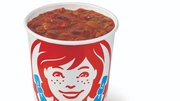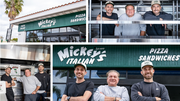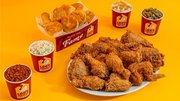Operations
Franchising with a twist: Hot Dog Shoppe's strategies for success
Ohio-based Hot Dog Shoppe has a new owner and a new lease on life. The brand opens its first franchise in Venice, Florida, Jan. 15.

January 15, 2024
One of America's most popular foods, the hot dog, is center stage at Ohio-based Hot Dog Shoppe. Conceived in 1946 by Paul Trevelline, the brand is owned by Greg Vojnovic, a third-generation restaurateur whose background includes executive roles with Popeye's Louisiana Kitchen and Arby's.
"I found I had a knack for the development part — franchising and new construction," Vojnovic, CEO and president of Hot Dog Shoppe, told QSRweb in a phone interview. "I've learned quite a bit about revitalizing brands."
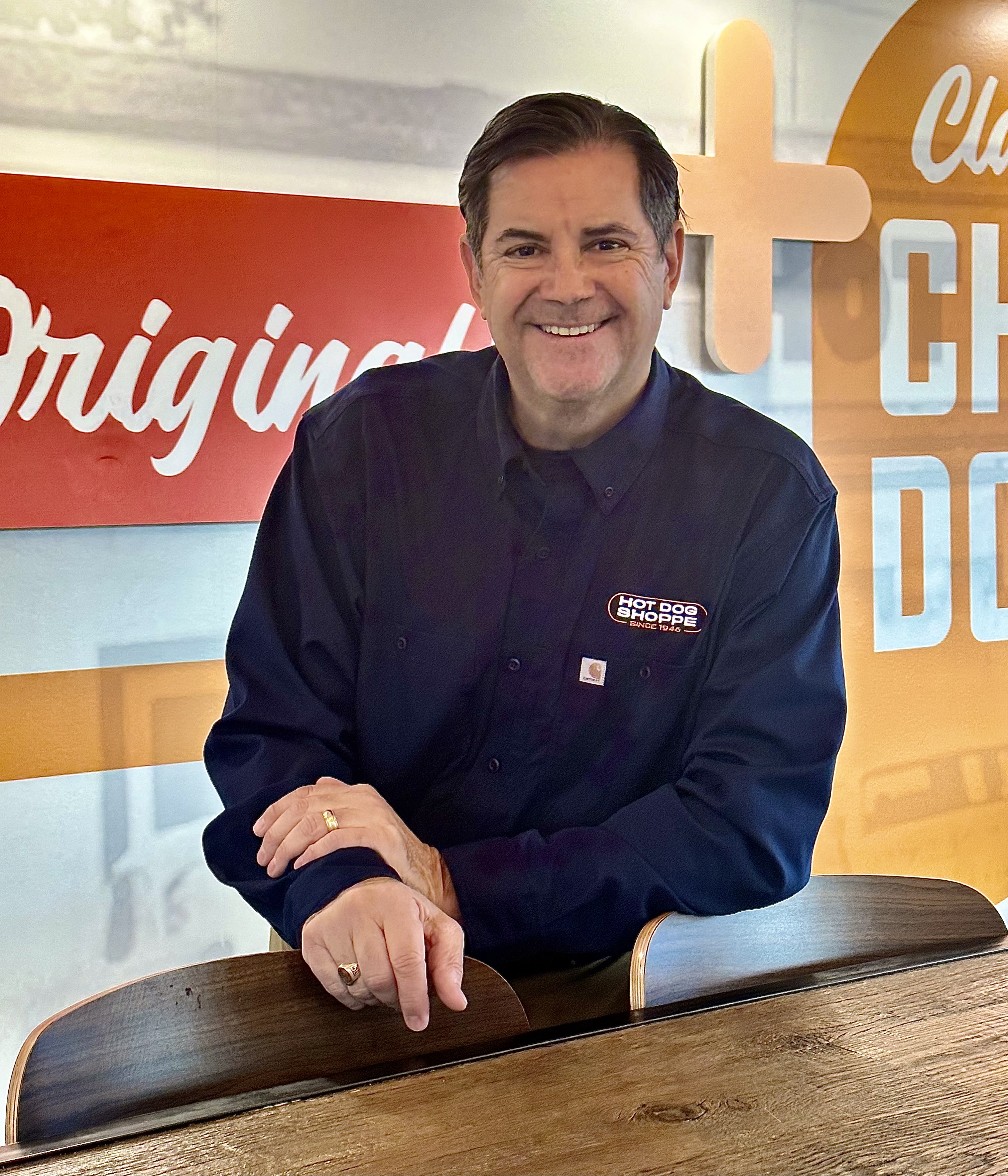 |
Greg Vojnovic bought the Hot Dog Shoppe's three units in March 2021 just before the onset of the COVID-19 pandemic. Photo: Hot Dog Shoppe |
The first Hot Dog Shoppe was founded when Trevelline came home to Warren, Ohio, in 1946 after World War II and decided to launch a knickknack shop. Store sales weren't great, so Trevelline added coffee and hot dogs.
Though hot dogs had been around since the turn of the century, it hadn't been a staple in the American diet until World War II when armies fed hot dogs to soldiers. Trevelline had four brothers and two sisters, and out of the seven, five had been involved in the business. They were still involved up until the day Vojnovic purchased the brand.
Trevelline's brother, Ray, built a second restaurant called the Hot Dog Shoppe & Beanery in East Liverpool, Ohio, and in 1972, the family opened a third restaurant called Jib Jab Hot Dog Shoppe in Gerard, Ohio. When Vojnovic bought the business in March 2021, it was operating three restaurants with different names, serving styles, menus and price points.
"The first and second generation (family members) were operating it, but the third generation was interested in doing something else," Vojnovic said, "and I'm a firm believer that although I own the restaurants, they belong to the communities, because these restaurants have been extraordinarily established in the restaurant community."
His goal? To take Hot Dog Shoppe to the next level.
On the menu
The restaurants used to use a commissary that was inefficient, Vojnovic said. In this business, he said, fresh is always better, so he's pushed the production of all food back into the restaurants.
Fries are cut in house daily, and they're fried twice in beef tallow so they're crispy and extra flavorful. Potatoes are bought by the tractor trailer. The brand's signature cheese sauce is created from 30-pound blocks of proprietary Wisconsin cheddar cheese. With only two ingredients — cheese and a touch of water so it doesn't stick to the pan — it's about as simple as it gets.
Making so much in house keeps the quality top-notch and sets the company apart from others in the QSR space. "We can control the consistency," Vojnovic said. "While it seems like we're doing a lot in house, it's extraordinarily simple."
Given Popeye's, where the brand handles raw chicken, and Arby's, where roasts cook for four hours, that simplicity is part of Hot Dog Shoppe's ethos, both in execution and is pricing.
"One of our claims to fame is that we have a very value-based menu, so I sell a chili dog for $1.59," Vojnovic said. The buns are freshly steamed, and he said that's what makes the difference between Hot Dog Shoppe's offerings and similar menu items.
While the menu is built around the 1940s hot dog, portion sizes have changed throughout the years. The hot dog is now five inches on a six-inch bun. But aside from hot dogs, the brand also serves up chicken tenders, chicken sandwiches and burgers. Shakes are also big sellers on the menu. The brand moved beyond hot dogs over the years thanks in part to customer demand.
"When you come to the Hot Dog Shoppe, you're going to get a great-tasting product that's just great traditional American food," Vojnovic said. "We own value … and because It's a simple product, we can execute it at a very high level."
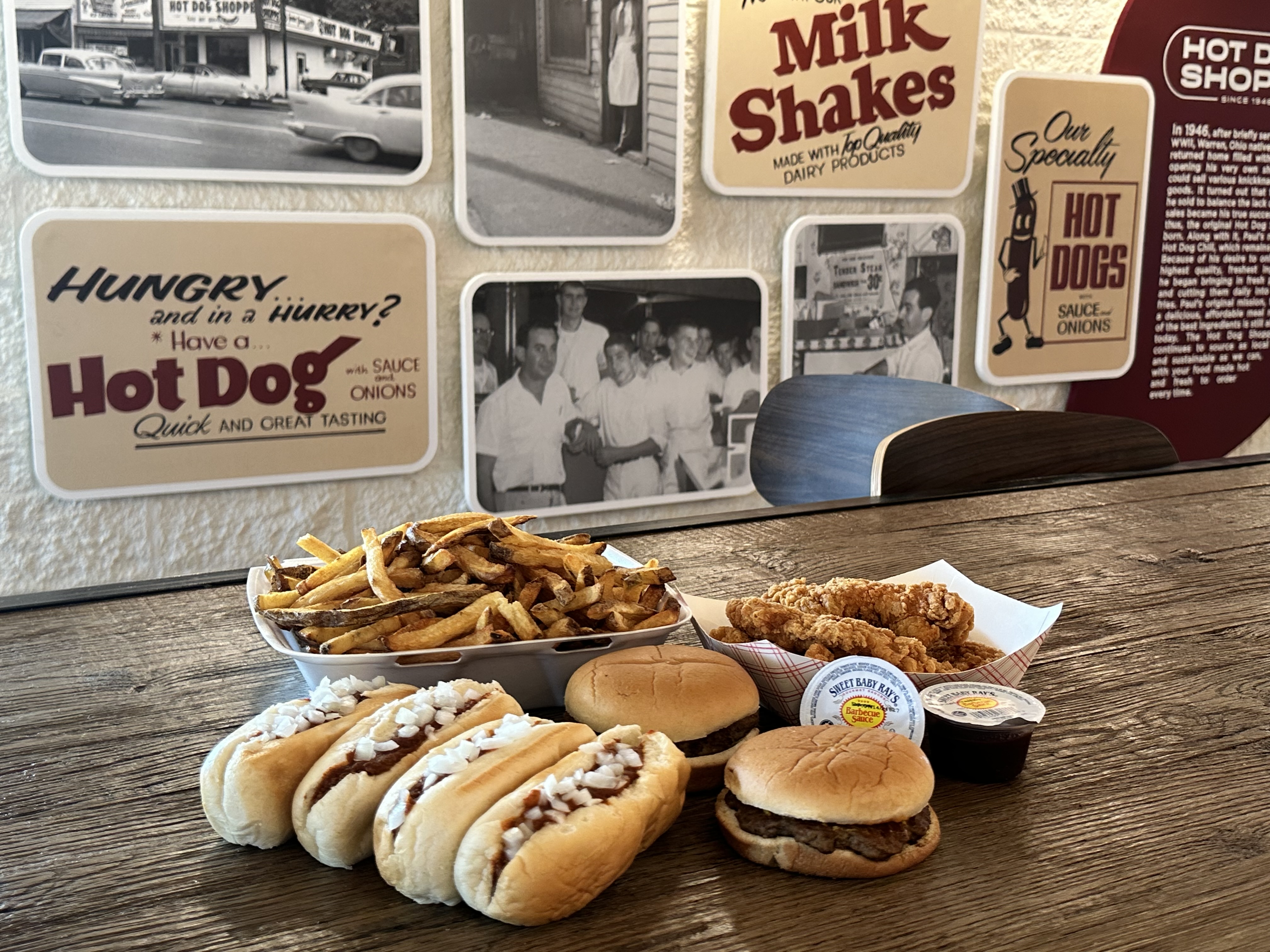 |
Photo: Hot Dog Shoppe |
Operations
And that ties into the development strategy.
"The entire business model is aimed directly at the conversion of terminated or expired licenses of other fast-food restaurants," Vojnovic said. When franchisees of other brands cannot afford to remodel restaurants to the tune of $800,000 or more, their only option is to close. Hot Dog Shoppe's franchising model is designed to slide into those bankrupt businesses, including old Popeyes, Taco Bells and Wendy's locations.
The first franchised latest location opened in a converted Burger King location in Venice, Florida.
"I've literally designed our branding and remodel or conversion program to be less than $400,000 per location," Vojnovic said, adding his brand does best in blue-collar areas with consumers who work hard and want a fresh, hot meal at a value.
Vojnovic said he has spent the last couple of years designing a brand that fits the franchisees needs and solves property owners' needs. After two years, if franchisees aren't seeing the kind of business they expected, Hot Dog Shoppe will give them the unilateral right to close and do something else with their real estate.
"I've worked with franchisees, and I know what their problems are," Vojnovic said. "I'm trying to solve their problems. … There's a lot of surplus real estate out there that people say 'What do I put in it?' And here's the most important thing with this model: I solve the non-compete problem. If you're involved with any other brand, you do not have a non-compete for hot dogs."
The brand has four locations, and the Venice unit makes five. Construction in the converted units takes less than 60 days, so turnover is quick.
They're planning to sell a handful of area representative models in which someone owns the rights to sell franchises in an area. "The first few people who get in are going to get some lucrative opportunities," Vojnovic said, adding he's been dealing with franchise development deals in other brands for more than three decades.
Potential franchisees don't need a ton of restaurant experience because it's a straightforward model with easy execution, and Vojnovic is looking for savvy business people who know how to make money. As the former director for international development for Arby's, Vojnovic has seen his fair share of franchising agreements. 'My whole focus has been on making it work for the franchisee," he said. "That's what it comes down to."
Vojnovic said his biggest challenge has been standardizing operations between four different restaurants and putting recipes in place where there were none. In a family business, recipes have been passed down from generation to generation, but nothing was in writing. Vojnovic said he had to work with a family member and jot down ingredients as he put them in the brand's chili for its hot dogs and then try to measure it. Each restaurant ran as a separate business.
Vojnovic and his team went back to the original recipes and avoided the short cuts that had become commonplace in the restaurants. Many employees have worked for the brand for years and were able to share the tips and techniques that make Hot Dog Shoppe so popular. Getting back to the true quality of the brand that makes customers so passionate about it has become paramount for Vojnovic.
"They let us know when we're not doing a good job," he said.
Vojnovic credits his general managers for much of the restaurants' successes, especially during COVID.
"The most important person in my organization is the restaurant general manager," he said. "They're the ones who run the business. I've got to set them up for success by having an operating model that is very straight-forward and simple that they can execute at a very high level. Because it's so simple, they can focus all of their time on quality, guest satisfaction and the crew."
 ChatGPT
ChatGPT Grok
Grok Perplexity
Perplexity Claude
Claude